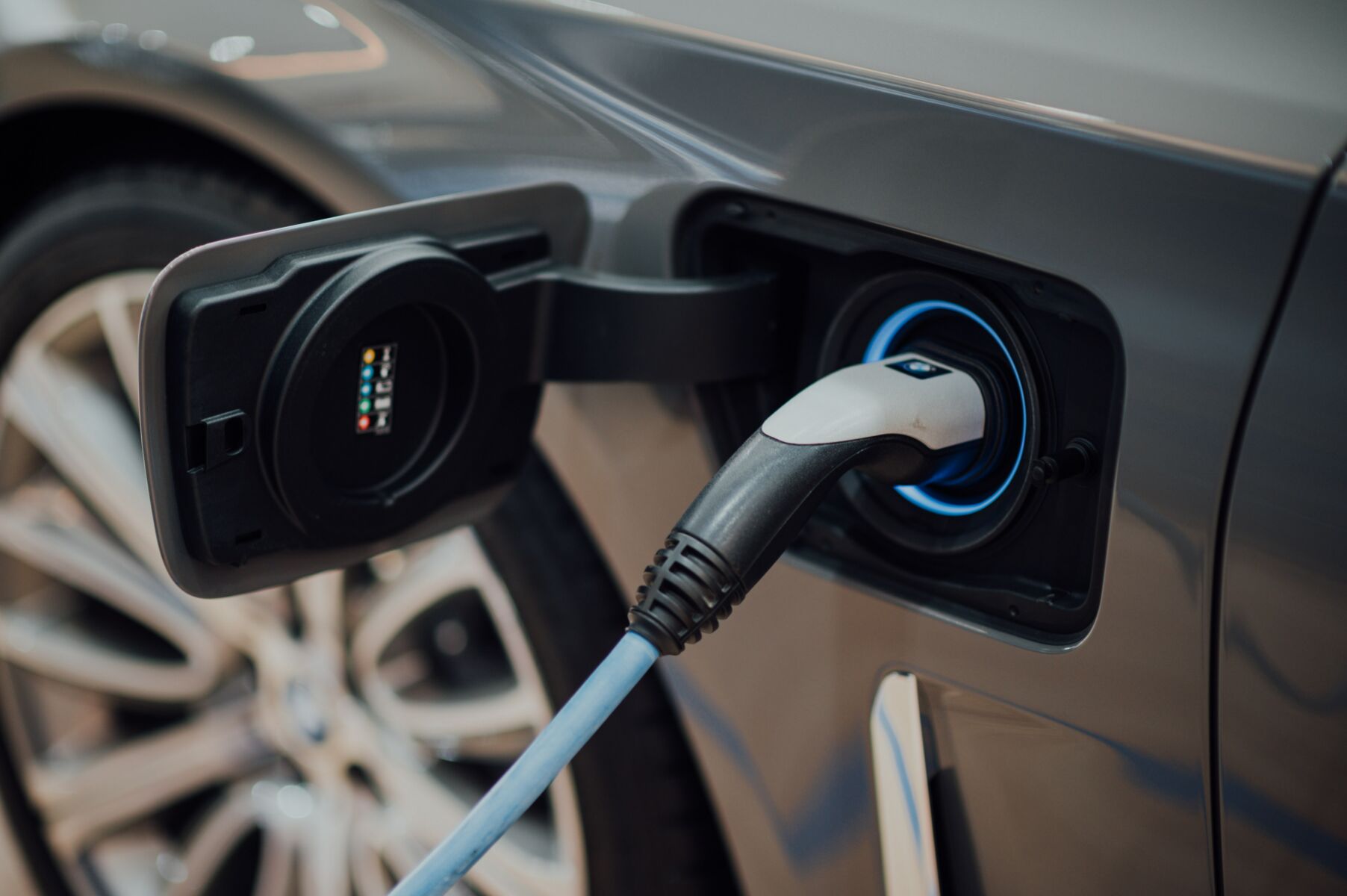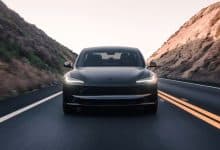Thailand’s EV sales projected to double by year-end

Thailand is set to witness a significant spark in electric vehicle (EV) sales, potentially doubling the figures by year-end, driven by Chinese manufacturers and approximately US$2.4 billion in government incentives, bolstering consumer demand.
Krisda Utamote, Electric Vehicle Association of Thailand President, forecasted that new battery EV registrations might exceed 150,000 by the year’s end in a recent interview in Bangkok.
This surge in demand is expected to raise the total EV share in passenger car registrations from 12% last year to 20% this year. In 2022, the figures were in single digits. The Thai Government’s decision to slash import and excise taxes on imported EVs and provide cash subsidies to buyers in exchange for automakers’ commitment to start local production lines has stimulated this boom.
This scheme, initiated in 2022 and extended until 2027, has lured a slew of investments. Notably, major Chinese carmakers like BYD and Great Wall Motor are among those setting up local plants. This move is expected to enhance the country’s manufacturing prowess and assist in achieving its carbon neutrality target by 2050, said Krisda.
“This year will see the first domestic roll-outs by many manufacturers who signed up for the first incentive scheme and committed to local production.”
Krisda added that the programme was also accelerating domestic purchases. He even projected that annual EV registrations might surge to 225,000 units by 2025, achieving the National EV Policy Committee’s target for new-energy vehicles to constitute 30% of total passenger car usage, reported Bangkok Post.
Charging stations
Despite the promising future, Thailand’s auto industry faces a significant challenge, as the growth in public charging stations may not keep pace with EV sales, potentially affecting the cars’ appeal to mass-market buyers, as per Kasikornbank’s research centre’s October report.
Nevertheless, Krisda reassured that Thailand was well-equipped to support the growing industry, boasting more than 8,700 public chargers at roughly 2,200 locations nationwide as of September. This equates to an average of one public charger for every 16.5 EVs, placing Thailand slightly behind the global average of 15.9.
Regardless of the decreased benefits in the latest incentive package, Chinese carmakers are leading the way in initiating local production in 2024, a vital step towards Thailand’s goals. As per government data, Chinese-owned brands dominated all but one of the top five best-selling EVs in Thailand last year, with Tesla ranking fourth.
Recently, Great Wall Motor launched a local production line for the new Ora Good Cat, becoming the first battery-powered EV model to be manufactured and commercially sold in Thailand. More Chinese EV manufacturers, including BYD and Hozon New Energy Automobile, are expected to follow suit, starting local manufacturing this year.
Despite some incentives being rolled back, Krisda believes that the Southeast Asian nation still presents long-term opportunities for foreign carmakers.
“There’s a growing demand in Thailand that raises stakes for investment. Nobody is backing down. Nobody wants to get left behind as the EV train takes off.”
Latest Thailand News
Follow The Thaiger on Google News:


























